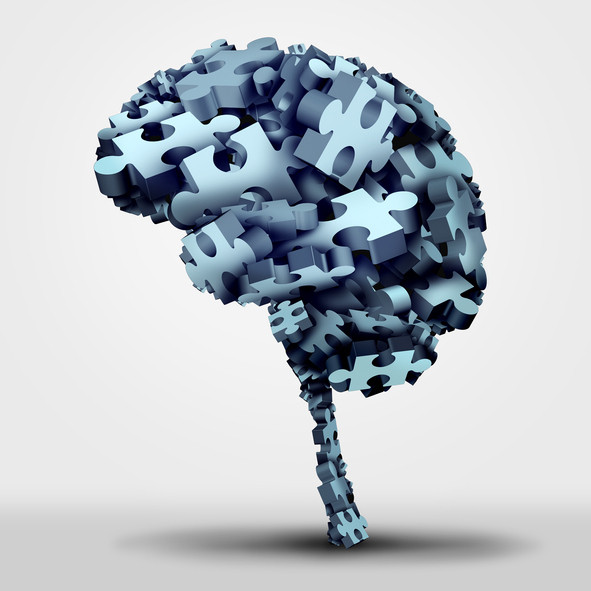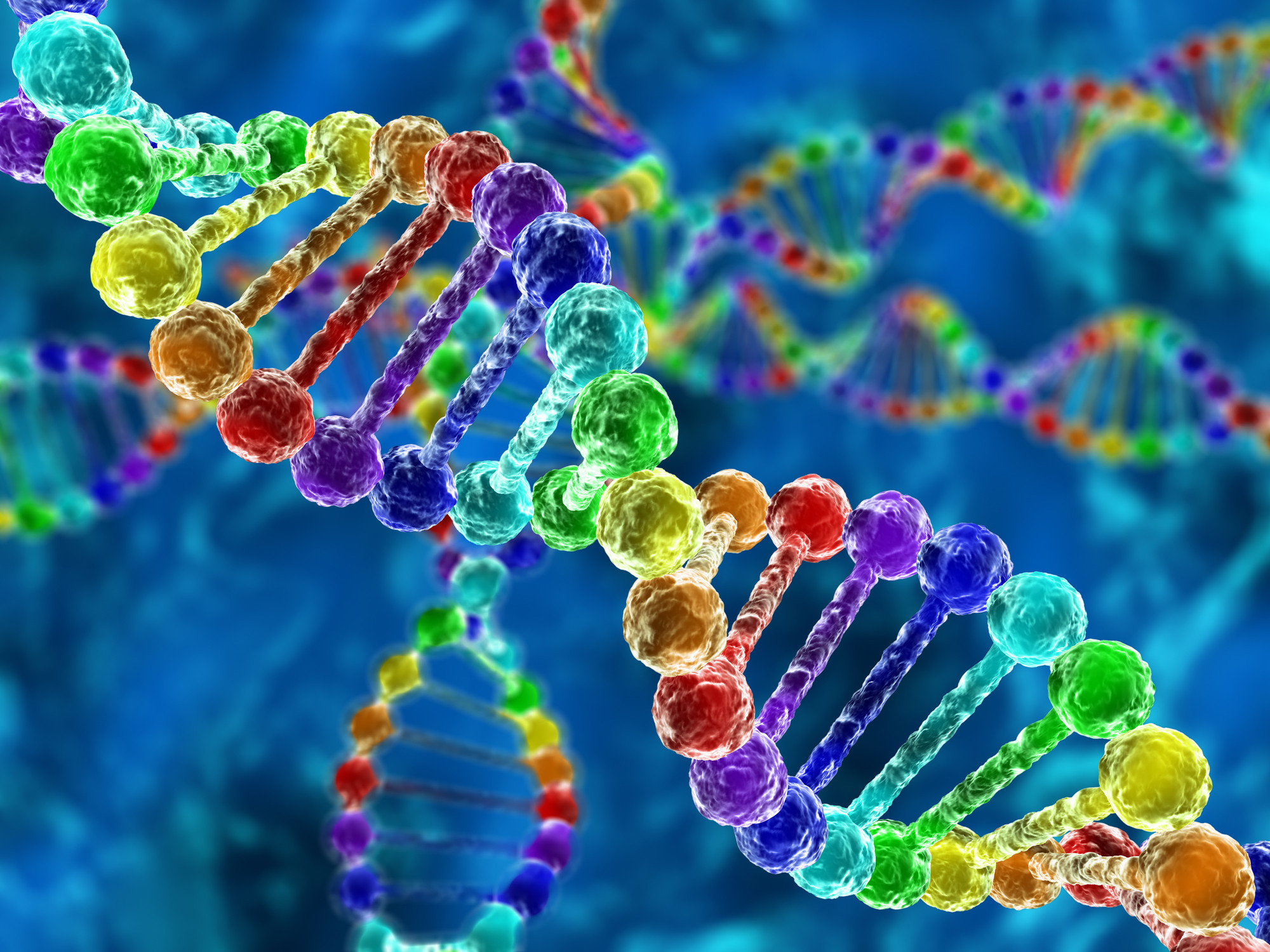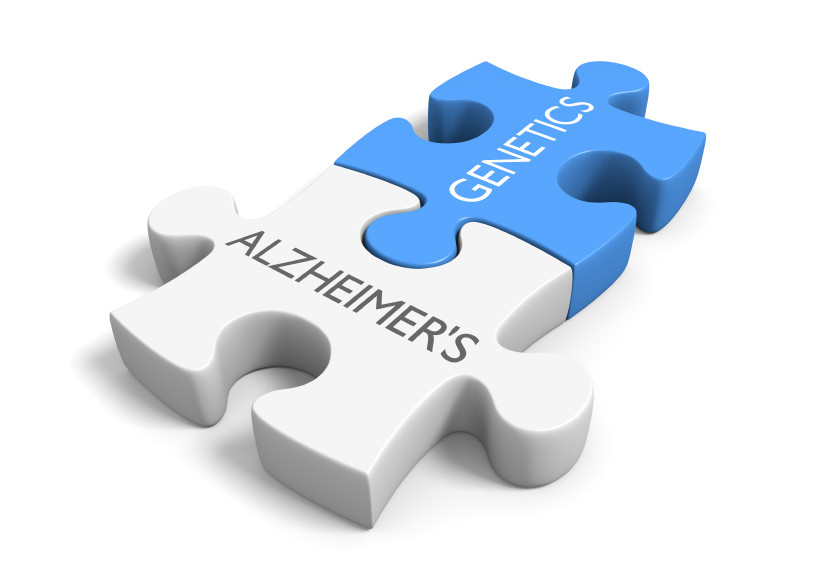
Tips to leverage neuroplasticity to maintain cognitive fitness as you age

Can white noise really help you sleep better?

Celiac disease: Exploring four myths

What is prostatitis and how is it treated?

What is Cushing syndrome?

Exercises to relieve joint pain

Think your child has ADHD? What your pediatrician can do

Foam roller: Could you benefit from this massage tool?

Stepping up activity if winter slowed you down

Common causes of cloudy urine
Genes Archive
Articles
Answering your questions about the COVID-19 vaccine
People who get the COVID-19 vaccine may experience arm pain, rashes, aches, fever, or fatigue. Doctors say it's worth the risk, since an older adult's risk of dying from COVID is 3% to 11%.
Sickle cell disease: Ways to help teens and parents
Can we slow the aging process?
Scientists are beginning to understand the natural biological processes that control aging, and they have made exciting discoveries about tinkering with the process. For example, they've been able to make aged cells act like brand-new cells in lab experiments; they've figured out how to make worms live five times as long as they normally would; and they've been able to keep mice from becoming obese and from developing diabetes, kidney failure, and heart failure.
A clue to a cure for Alzheimer’s disease
Half of people who live to 85 will develop Alzheimer’s disease — a disturbing statistic. But research into a family in South America has revealed a gene mutation that appears to afford protection, and may lead to a way to treat or possibly even prevent the disease.
Your risk of dementia: Do lifestyle and genetics matter?
Clinical trials for drugs to stop or slow the progression of dementia have not been successful. A recent study attempted to determine how much influence, if any, genetic and lifestyle factors may have on the development of dementia.
A twist on the genetic link between Alzheimer’s and heart disease
Although the two conditions seem unrelated, Alzheimer’s and heart disease actually share a genetic link. People who have a certain gene variant have both a somewhat elevated heart disease risk and a significantly elevated Alzheimer’s risk. Fortunately, a recent study has suggested that when people know they have this variant, they’re more likely to make healthy lifestyle choices that benefit their heart — and what’s good for the heart is good for the brain.

Tips to leverage neuroplasticity to maintain cognitive fitness as you age

Can white noise really help you sleep better?

Celiac disease: Exploring four myths

What is prostatitis and how is it treated?

What is Cushing syndrome?

Exercises to relieve joint pain

Think your child has ADHD? What your pediatrician can do

Foam roller: Could you benefit from this massage tool?

Stepping up activity if winter slowed you down

Common causes of cloudy urine
Free Healthbeat Signup
Get the latest in health news delivered to your inbox!
Sign Up











